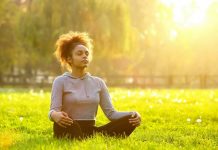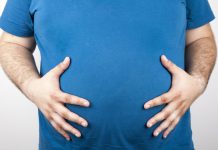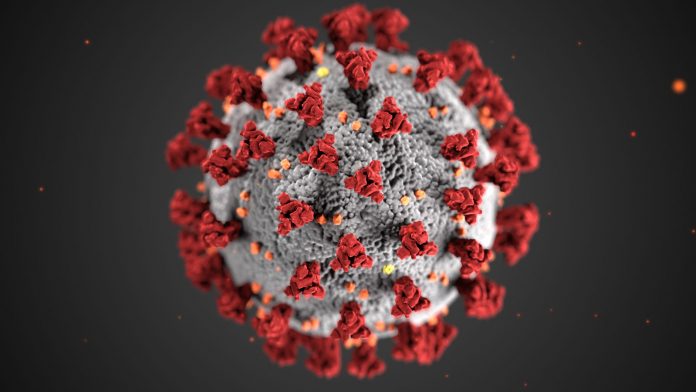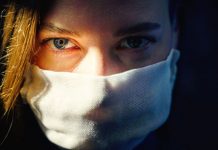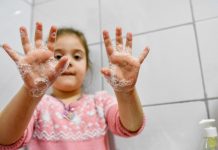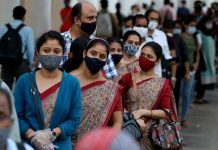New and more infectious variants of SARS-CoV-2, the virus that causes COVID-19, that were first detected in South Africa and the U.K. have made their way to the U.S.
The U.K. strain, known as B.1.1.7, has been detected in several states including Colorado, California, Florida, and New York and “is likely spreading in communities across the nation,” according to a new report from the Brown University School of Public Health.
Here are the steps to protect yourself from new covid-19 variants,
A)Mask-up:
While many myths surrounding the use of masks continue to circulate amidst the public, it is still one of the most effective ways to protect yourself from COVID-19. A well-fitting mask acts as a barrier between you and a person infected with the deadly virus. It prevents you from inhaling other people’s respiratory droplets and prevents you from transmitting your aerosol droplets to others, hence containing the spread of the virus.
B)Avoid the 3Cs: Spaces that are Closed, Crowded or involve Close Contact:
One of the easiest ways to contract the virus is through physical contact and/or aerosol transmission. Being in the company of more than one person only increases your chance of catching the virus and spreading it to other people. That said, it becomes extremely important that you avoid public gatherings and maintain social distancing at crowded places.
Maintain at least a 1-metre distance between yourself and others to reduce your risk of infection when they cough, sneeze or speak. Maintain an even greater distance between yourself and others when indoors. The further away, the better.
C)Hygiene:
Regularly and thoroughly clean your hands with an alcohol-based hand rub or wash them with soap and water. This eliminates germs including viruses that may be on your hands.Clean and disinfect surfaces frequently especially those which are regularly touched, such as door handles, faucets and phone screens.Avoid touching your eyes, nose and mouth. Hands touch many surfaces and can pick up viruses. Once contaminated, hands can transfer the virus to your eyes, nose or mouth. From there, the virus can enter your body and infect you.Cover your mouth and nose with your bent elbow or tissue when you cough or sneeze. Then dispose of the used tissue immediately into a closed bin and wash your hands. By following good ‘respiratory hygiene’, you protect the people around you from viruses, which cause colds, flu and COVID-19.
D)Good Ventilation:
A clean air and surrounding is crucial when it comes to protecting yourself from COVID-19. Considering the novel coronavirus can also spread via airborne transmission, it is likely that the aerosol particles may linger in the air for a long period of time, making people likely to contract the virus. By resorting to good ventilation, you not only secure your space but reduce the chances for both droplet and airborne transmission to take place.
E)Safe Vaccination:
Considering a vaccine is our only way to combat the novel coronavirus, it is crucial that you get the jab. While many side effects have surfaced following it’s roll out, one must go through the fact sheet provided by the authorities and then decide whether to call the shots or not.
F)Test Yourself:
Many times, we waver off cold symptoms for being just another winter chill. But experts and doctors suggest that we get yourself tested as and when we develop symptoms that are similar to COVID-19 symptoms. By doing so, we not only increase our chances of survival but also limit the spread of the virus.

